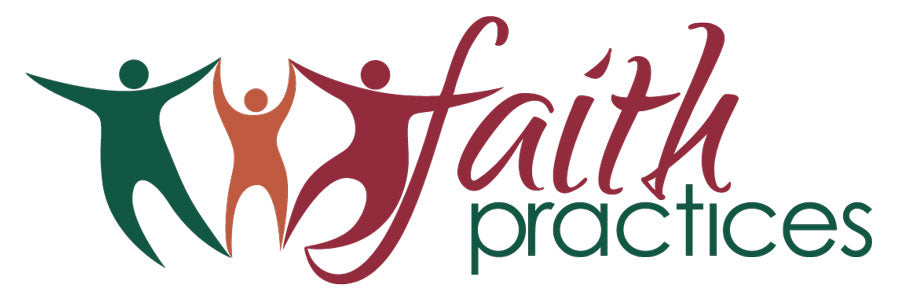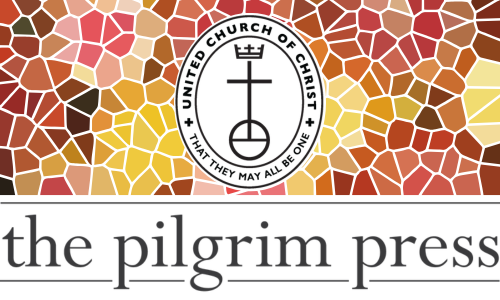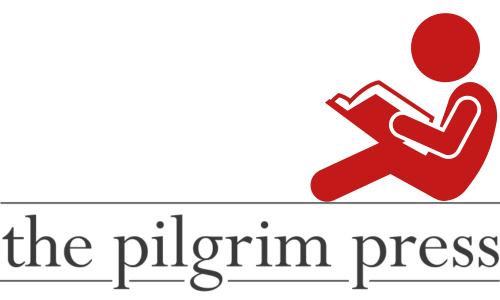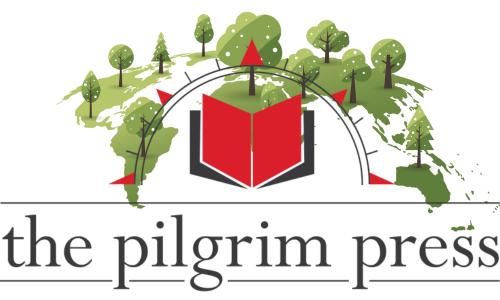Faith Practices | Curriculum for the Whole Church
Faith Practices | Curriculum for the Whole Church
About Faith Practices
Based on essential practices of faith—such as keeping sabbath and working for justice—Faith Practices is a versatile curriculum designed to revolutionize the way congregations equip their people for lives of faith.
Faith Practices has a non-linear, activities-based approach that can be used for a range of age groups and church settings:
A congregation might use Faith Practices to explore a spiritual practice across its whole life (for example, studying scripture in its adult discussion group, its worship services, and its multiage Sunday school program) ...
A church might choose to focus one of its programs on a variety of spiritual practices (for example, having a confirmation class study 12 spiritual practices across 12 months) ...
Or a faith community might use one particular component of Faith Practices for a specific use (for example, developing Vacation Bible School with the multiage resource for "Playing and Living Joyfully" or planning its stewardship drive with the worship-music-arts component of "Living Stewardship").
There are many fantastic ways to make Faith Practices work in your congregation! The curriculum includes hundreds of activities, music and art suggestions, discussion questions, and prayers—plus there are practical leader tips and supply lists for each section.
In Faith Practices, the role of the lesson leader is to be a guide. A leader does not need to be an "expert" in faith, but rather someone who can honor & encourage the capacity of all participants to live out their faith.
The sessions and activities for each faith practice were developed by a team of UCC writers from various churches across the country.
Putting Faith Practices to Use
Faith Practices is designed to be a "living curriculum" that invigorates congregational life in worship, learning, and serving. It is based on 12 spiritual practices, which can be engaged in any order:
- Giving and Receiving Hospitality
- Living Stewardship
- Praying and Making Ritual
- Playing and Living Joyfully
- Keeping Sabbath
- Giving Testimony and Witness
- Encountering Scripture
- Working for Justice
- Experiencing Beauty
- Discovering Gifts of Ministry
- Honoring the Body
- Blessing and Letting Go
Each of the 12 spiritual practices is available in 12 distinct settings (specific groups and ministry purposes):
- Worship, Music, Arts, and Story
- Seekers and New Church Participants
- Intergenerational
- Workshop Rotation
- Adults (ages 35 and above)
- Young Adults (ages 18-35)
- Older Youth (ages 15-19)
- Youth (ages 11-15)
- Older Children (ages 7-11)
- Young Children (ages 3-7)
- Multiage (ages 5-14)
- Denominational Identity and History
Faith Practices can be purchased by component (e.g. "Blessing and Letting Go" for Adults) or by set (e.g. the Older Children set of all 12 practices). Every component of the Faith Practices curriculum divides its lessons into six steps of exploration:
- Discovery
- Scripture
- Discipleship
- Christian Tradition
- Context & Mission
- Future & Vision
In addition, each spiritual practice offers a Daily Life resource for home use.
The 12 Practices of Faith Practices
In a world of constant change, the practice of blessing and letting go acknowledges life's ongoing cycle with love, grace, and mercy. Even when painful and heartbreaking, the freedom to bless and let go are gifts from God for living anew.
Throughout our whole lives, we discover and develop our gifts for ministry: the passions, skills, and spaces by which we serve God and God's people. Discovering and developing those gifts involve community, introspection, and openness to the Spirit.
As Christians, we believe that scripture holds a holy, living word. We actively engage with the Bible—sometimes struggling with scripture, sometimes being unsettled by scripture—and as we encounter the text, we meet God.
As a faith practice, experiencing beauty enables us to encounter God through our senses and the Spirit. Through the beauty around us—in the universe and in relationships—God communicates grace, healing, comfort, and awe.
Giving and Receiving Hospitality
Hospitality begins when we perceive ourselves and others as strangers equally in need of and equally part of a community of welcome. Recognizing Christ's presence in others requires grace, openness, and consistent care.
Testimony involves recognizing God's action in our lives and finding ways to express it meaningfully with others. Sharing our faith stories and witnessing others' stories creates opportunities for deeper relationships with God and one another.
In a time when the body is often objectified and disrespected, honoring the body means choosing a God-granted life of wholeness, holiness, and joy. Like Jesus, we experience our humanness as both physical and spiritual, personal and communal.
Sabbath is intentional time taken by people and communities to honor divine rhythms for creation. Jesus modeled how to keep sabbath both inwardly (through prayer, solitude, and silence) and outwardly (through community rituals and acts of justice).
As a way of life, stewardship is a practice of shalom: living in harmony with others and the world. Faithful stewardship recognizes our shared neediness and fullness, and it makes decisions with care and gratitude for the common gift of life.
In today's world, people of all ages need to give themselves permission to play. We believe God seeks to awaken a playful spirit among us. While it can lead us into other things, play is inherently its own reward: an experience of hope and delight!
Prayer is an essential practice of faith, both individually and collectively, that shapes our connection with God and centers our spirits. Through prayer, traditional rituals, and new-to-us rituals, we practice recognizing the holy in the ordinary.
Working for justice is about (re)building right relationships with God, each other, and all of creation. While charity is a compassionate response to need, justice works to repair the root cause of need through partnership and reconciliation.
Permissions
With purchase, permission is granted for use by a single congregation for one (1) year from the purchase date. No part of this download may be reproduced or transmitted—beyond the group using the materials—in any form or by any means, electronic or mechanical, or by any information storage or retrieval system, without written permission from the publisher.
PDF Downloads
All PDFs will be emailed to you as a download. Nothing will be shipped. Once you place your order, you will be sent a link to download your Faith Practices lessons.
Faith Practices PDFs may contain web links that are broken or out of date. Much of the information referenced by the links can be found through an internet search.
The Pilgrim Press
2010-2012
Couldn't load pickup availability








